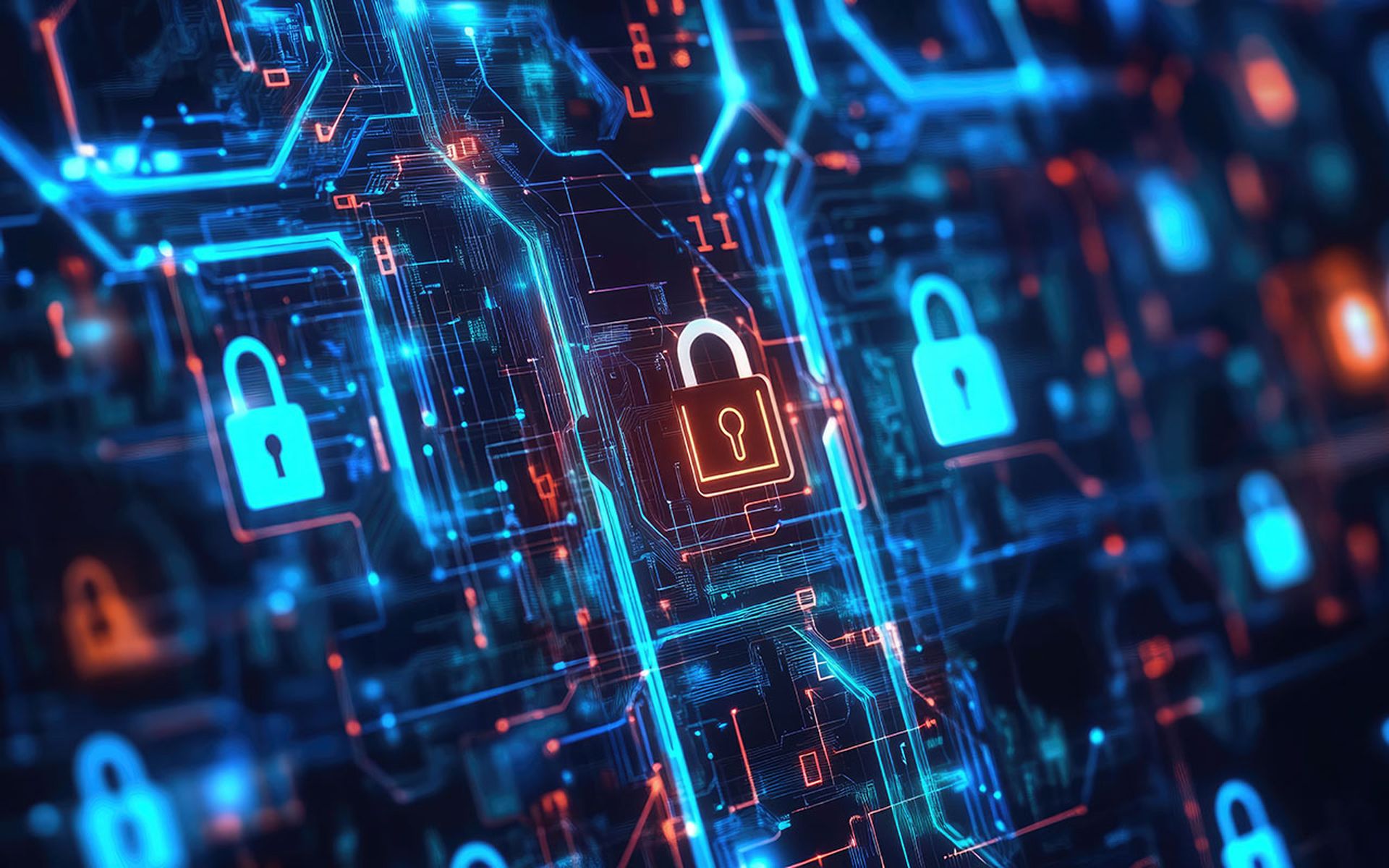DevSecOps, Security Management, MSP, MSSP
LimaCharlie Adds AI-On-Ramp for Security Providers With MCP Server

(Adobe Stock)
LimaCharlie has introduced a new way for security providers to integrate AI into their operations with minimal friction. The company’s latest launch—its Model Context Protocol (MCP) server—gives managed service providers and SOC teams the ability to embed AI agents directly into their workflows across the LimaCharlie SecOps Cloud Platform.At its core, MCP is an open protocol that allows applications to standardize how they supply context to large language models. It functions like a universal connector—similar to a USB-C port—for AI tools. This simplifies the integration process, enabling AI agents to communicate seamlessly with different datasets and systems.With the MCP server now available, security providers can begin automating a wide range of operational tasks using AI. This includes accessing historical events, retrieving current process data, listing strings from memory, or even isolating compromised endpoints—all through AI agents leveraging LimaCharlie’s APIs.
You can skip this ad in 5 seconds



